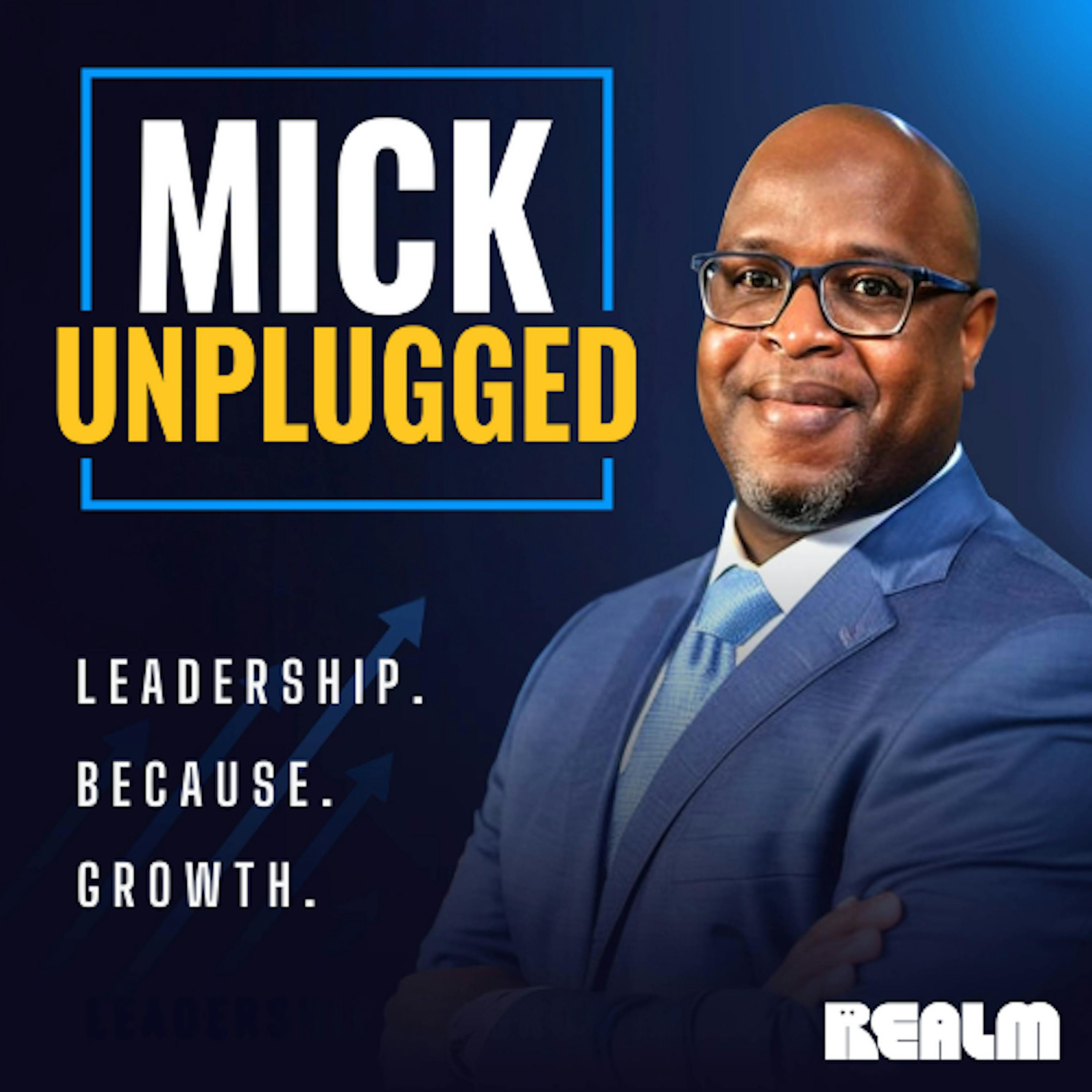Key Takeaways
- The concept of ‘because’ is a deeper motivator than ‘why,’ often stemming from significant life events like family illness.
- Visualizing success with detail and putting it on paper transforms abstract ideas into actionable pathways by engaging the brain’s proactive systems.
- Blue-collar careers offer significant control over one’s input, output, time, and financial gain, often leading to higher career satisfaction than white-collar jobs.
- Celebrating wins, no matter how small, is crucial for building a winning culture and reinforcing progress towards goals.
- Starting financial savings early is paramount, as the ‘doubling’ effect of compound interest is most powerful in the initial years of saving.
Segments
The Blue-Collar Path at 18 (~00:11:00)
- Key Takeaway: Choosing a hands-on, practical career path at a young age, even if it seems unconventional, can lead to significant business acumen and success.
- Summary: Ken Rusk recounts his decision at 18 to forgo college and instead work for a ditch-digging company, where he learned the operational aspects of a business from the ground up. This experience provided him with a foundational understanding that allowed him to successfully open and expand new business territories, demonstrating the value of practical, on-the-job learning.
Visualizing Success: Comfort, Peace, and Freedom (~00:20:00)
- Key Takeaway: Defining and visualizing personal goals with sensory details is key to achieving comfort, peace, and freedom, by engaging the brain’s proactive capabilities.
- Summary: Ken Rusk discusses the three core concepts from his book: comfort, peace, and freedom, describing them as interconnected elements of a desired life. He emphasizes the power of using the visual and creative side of the brain to draw out life’s aspirations, transforming them from mere dreams into tangible plans.
The Science of Visualization and Action (~00:27:00)
- Key Takeaway: Translating visualized goals onto paper creates a concrete pathway, activating neural pathways that drive the brain to achieve those objectives.
- Summary: Ken Rusk explains that visualizing goals with detail and writing them down creates a mechanical transfer from the brain to paper, which then acts as a powerful stimulus for the brain to pursue those goals. This process, akin to planning a vacation in detail, can be applied to all aspects of life to increase output and achieve desired outcomes.
Celebrating Wins and Practicing Success (~00:35:00)
- Key Takeaway: Anticipating and celebrating wins, much like athletes practice championship moments, reinforces positive outcomes and builds momentum towards achieving goals.
- Summary: The discussion highlights the importance of celebrating successes, regardless of size, to foster a winning culture. By visualizing and even practicing the celebration of future achievements, individuals and teams can create a clear mental roadmap and motivation to reach their objectives.
The Value and Reality of Blue-Collar Careers (~00:45:00)
- Key Takeaway: Blue-collar careers offer greater control, higher job satisfaction, and significant earning potential, often surpassing traditional white-collar roles.
- Summary: Ken Rusk debunks the stigma surrounding blue-collar work, explaining its origins and highlighting that blue-collar professionals often report higher career happiness due to greater control over their work and outcomes. He notes that skilled tradespeople can earn more than many white-collar professionals, especially as demand for these skills increases.
Loving Your Work and Financial Discipline (~00:57:00)
- Key Takeaway: Finding passion in work, whether blue-collar or white-collar, is about aligning daily activities with one’s life vision and financial goals.
- Summary: Ken Rusk clarifies that ’loving what you do’ means your work contributes to the life you’ve envisioned. He uses the example of ditch digging as a means to an end, enabling his pursuit of other passions like race car driving. He also stresses the critical importance of early financial discipline, particularly saving, to leverage compound interest effectively.
The Power of Giving and Early Saving (~01:05:00)
- Key Takeaway: Generosity amplifies blessings, and starting to save money early in life is the most powerful strategy for long-term wealth accumulation.
- Summary: Ken Rusk advocates for ‘paying yourself first’ and also giving to causes, believing that generosity leads to greater blessings. He also reiterates the critical financial advice that the youngest money saved is the most powerful due to the compounding effect of interest over time, urging listeners to start saving as early as possible.
